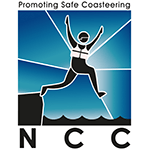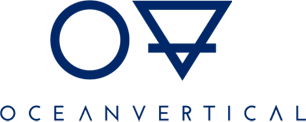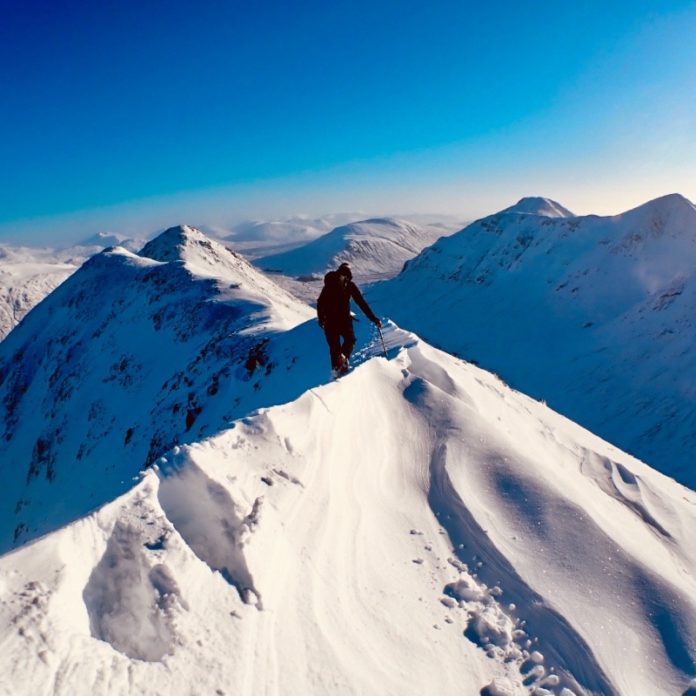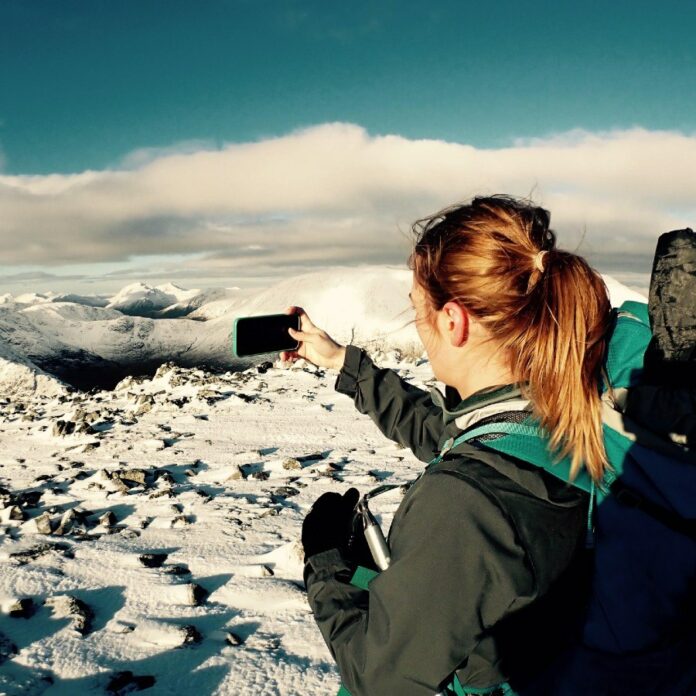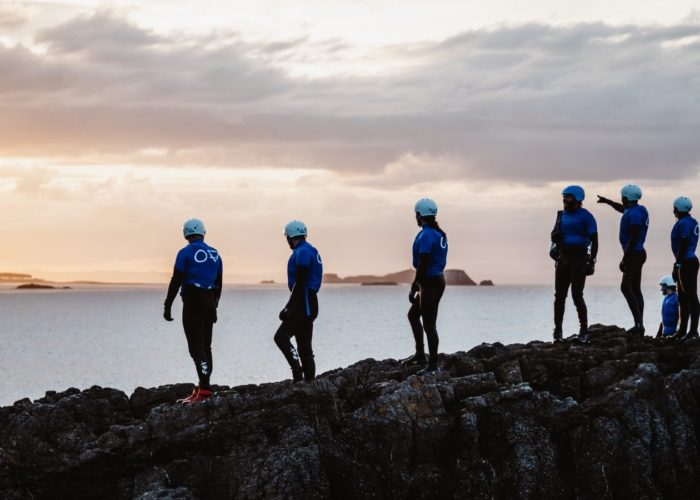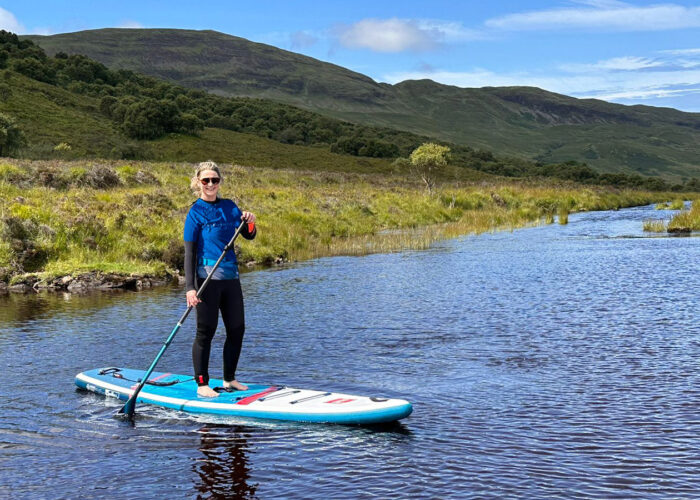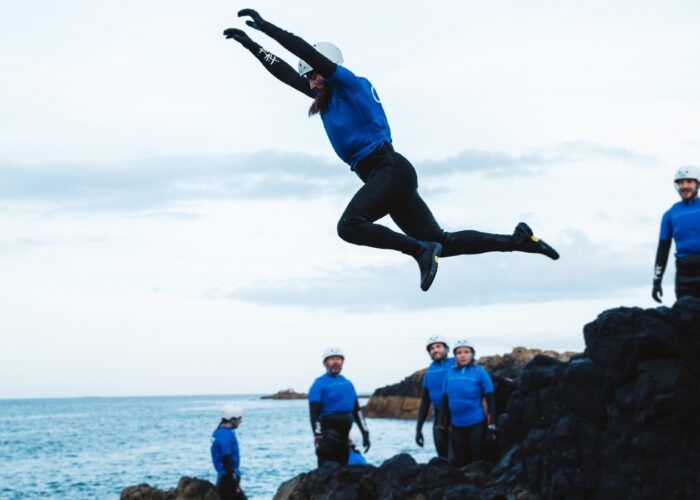Does a name matter? Only if the planet matters.
The clothing industry is dirty, and less than 1% of clothing is recycled.
The fashion industry has a disastrous impact on the environment. In fact, it is the second largest polluter in the world, just after the oil industry. And the environmental damage is increasing as the industry grows.
Share
In most of the countries in which garments are produced, untreated toxic wastewaters from textiles factories are dumped directly into the rivers.
“85 % of the daily needs in water of the entire population of India would be covered by the water used to grow cotton in the country. 100 million people in India do not have access to drinking water.” Stephen Leahay, The Guardian.
It takes around 6000 litres of water to grow enough cotton for one pair of blue jeans. And of course the fashion industry tells us we need the newest jeans – apparently superseding the ones brought out a few months ago. Consume more, discard and throw away. Apparently cheap – but the real cost to our environment and more disadvantaged people and nations who make these jeans is crippling.
The total number of jeans sold around the world each year is a staggering 1,240,000,000 pairs. And let's not forget, less than 1% of clothing is recycled.
Over the past years we’ve spent time exploring, climbing, mountaineering and on boards in the ocean. These are the places we love and share a calling to. We’ve spent hours on the cliff face and snowfields sharing stories, beliefs and concerns.
We recognize that a love for our beautiful wild places demands active participation in the fight to save them.
As a responsible and ethical adventure company we are committed to the wild and natural environment we work in. We want to influence the future.
As we take ourselves into the world we are committed to using the most ethical and sustainable equipment possible to support our adventures in the mountains and ocean.
This is why as a small step we have designed the Ocean Vertical Tee.
The O refers to Ocean. The circle also represents unity, commitment, love and community. Circles have no beginning or end. They represent life and the lifecycle. The circle is readily found in nature with the Sun, Moon and Earth.
The triangle is the V in Vertical. This is also the symbol for Earth. The Greek philosopher Aristotle was one of the first to establish a structured set of symbols for all the elements. These are comprised of a series of triangles, which represent the foundation of existence. Triangles are steeped in symbolism pertaining to creation and cooperative creativity.
The total number of jeans sold around the world each year is a staggering 1,240,000,000 pairs. And let's not forget, less than 1% of clothing is recycled.
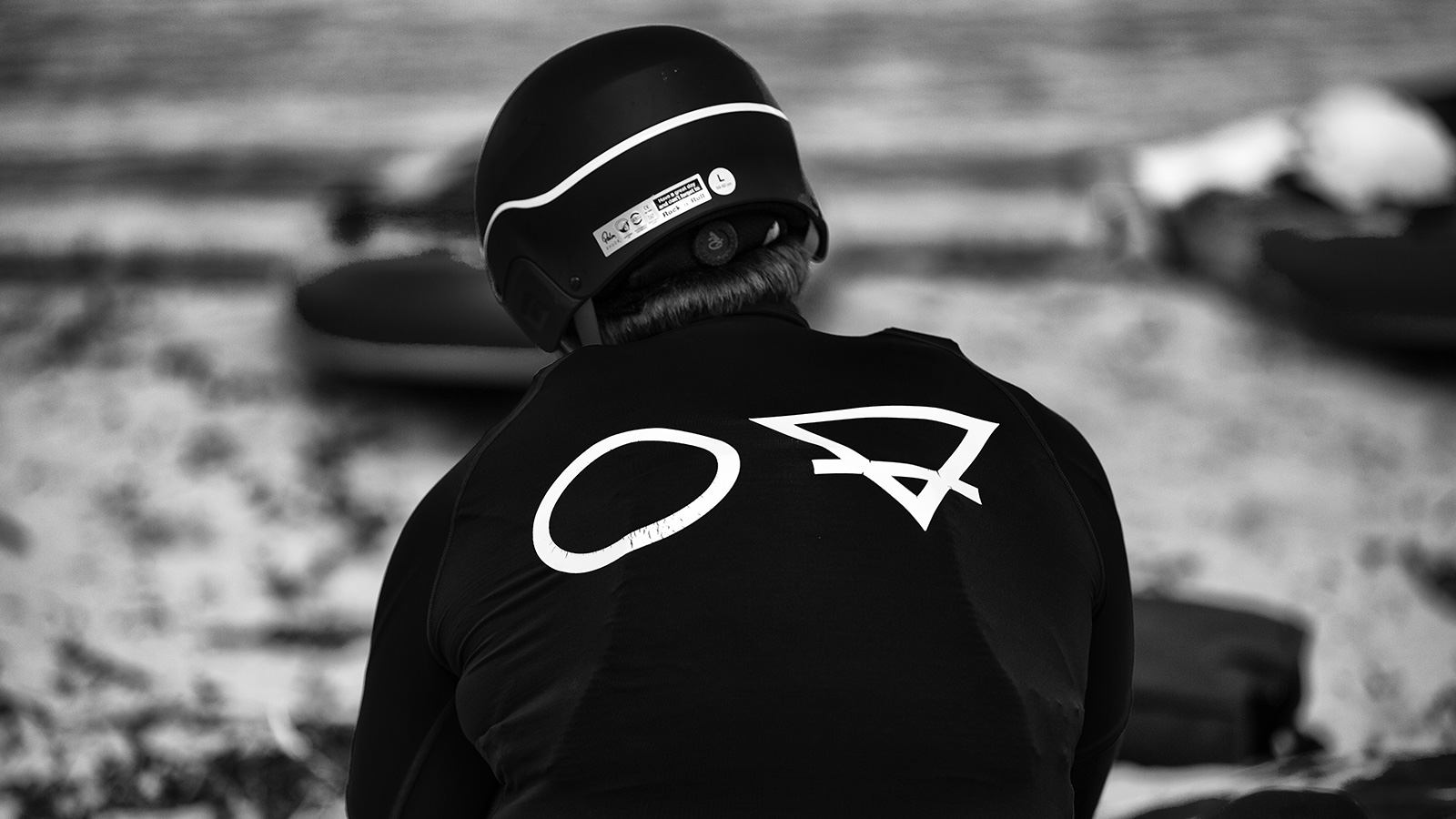
We use organic cotton
Organic cotton is better for the producers and the ecosystem in which it is produced. Instead of more toxic pesticides and fertilisers, the special ingredients - cow poo and wee - keep the soil fertile and the pests away. It encourages biodiversity and leads to the extra soft feel of our Tee.
Water
The cotton is grown in the north of India where the monsoons fill reservoirs to supply the water needed.
Better for producers
The cotton waste seeds are pressed into cakes, which are used for cow feed, and the vegetable oil recovered is used for food products.
Cotton farmers get a price for their cotton, which is guaranteed by the government. Great quality batches get higher prices as buyers compete for the best stuff.
Ethical manufacture, low impact
Our Tee is made in a factory where the spinning, dye, weaving, cut and sew are integrated. Vertical integration leads to cost savings which can be reinvested in the facilities and people, and as the product doesn't travel between suppliers the quality is outstanding.
This factory is audited for a wide range of social and sustainability criteria as one of the leading socially responsible manufacturers in India. The plant is powered entirely by renewable energy.
SA8000 Certified (Social Accountability audit)
GOTS certified
Renewable energy power
Wastewater from dye house effluent is a major source of pollution in the clothing industry. The OV Tee is dyed in a recirculation system where wastewater is settled, filtered and then cleaned to be used again. After settling and skimming the water is filtered in the most active part of the process, reverse osmosis. This is basically sucking up water through really fine sand over and over.
At the end, the water coming out of the filters is crystal clear - and rather than be poured away, it is then used at the input for the next batch. It is a closed loop.
REACH compliance
Re-circulated water
The “waste” is so clean it is drinkable.
Shipping to the UK
Sea freight rather than airfreight is used. It takes longer but has lower emissions.
Throughout the supply chain renewable energy is used. In the UK a solar farm powers the entire manufacturing operations with renewables. In India, the factory uses two wind farms and a 150kw PV array.
The printing process uses lower impact chemicals; software, machinery and automation technologies to create almost zero waste.
Wear it and send it back
Less than 1% of clothing is recycled.
You can send your old and broken OV Tee to; backtorapanui.com where it will be recycled. You will also get up to £5 back on a new t-shirt.
A name matters; and so does the planet.
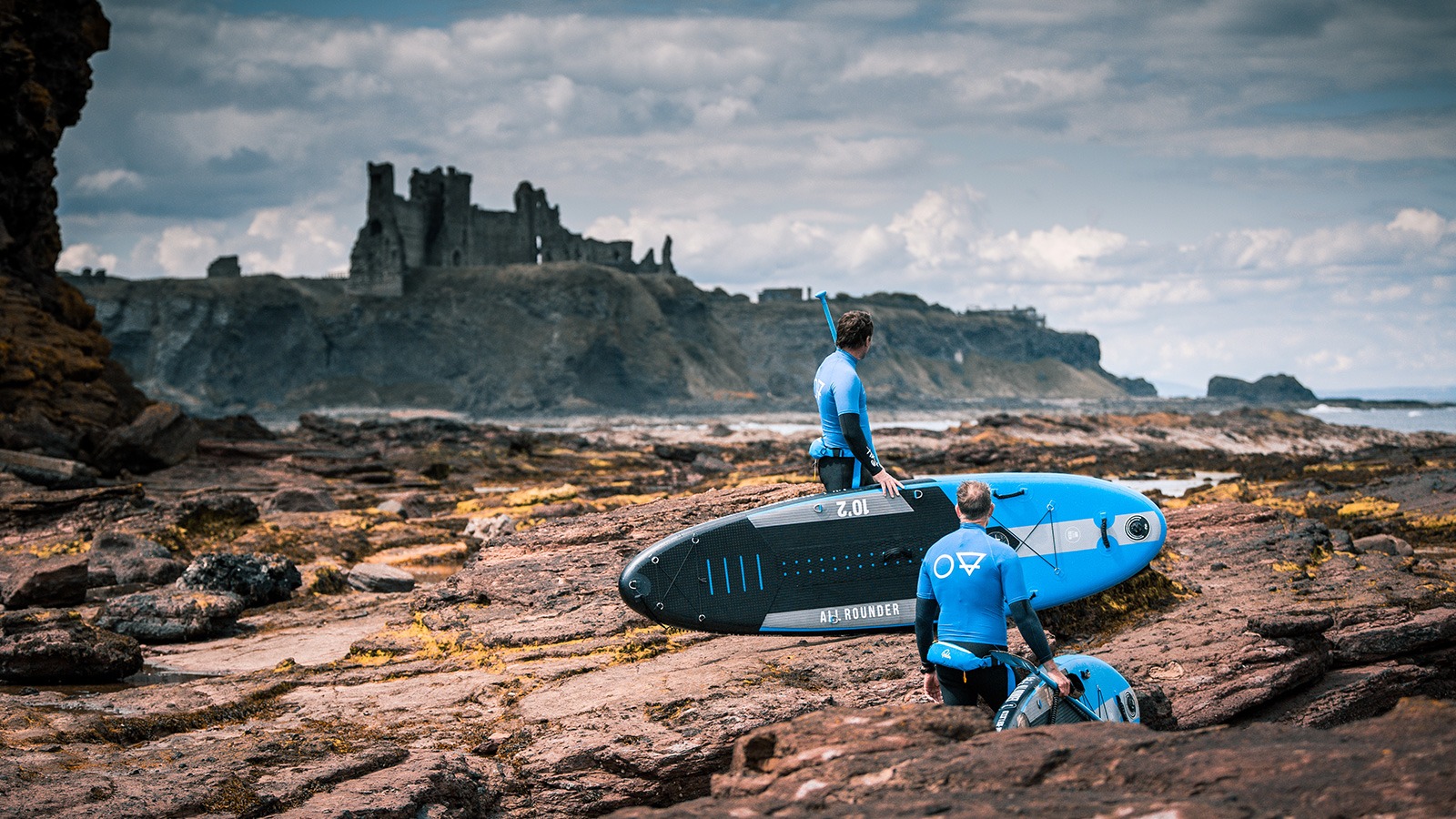
Share



